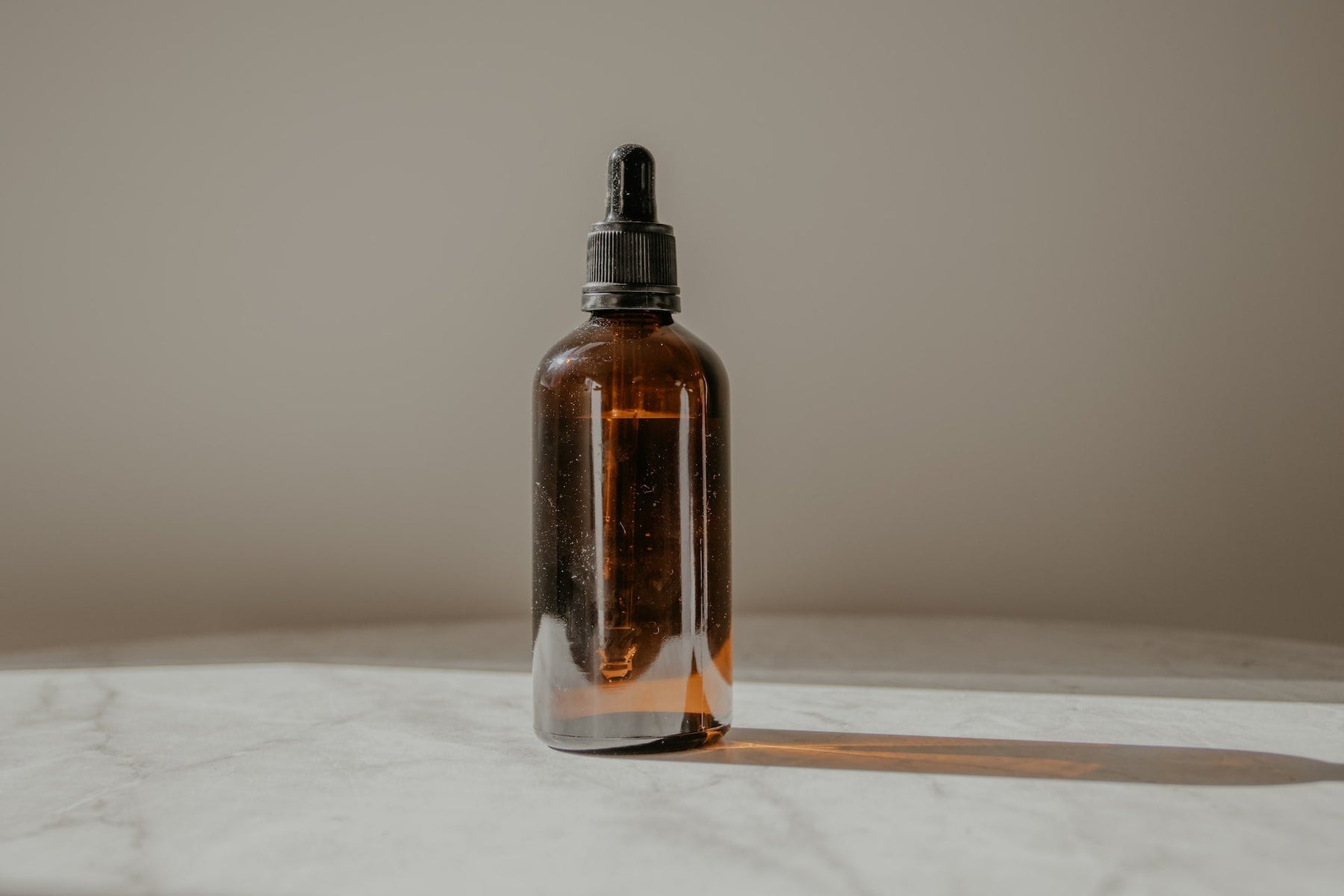
What’s Argan Oil, and Should You Use It?
It Comes From a Protected Forest…
That doesn’t mean it has magical properties, but special ones, yes…absolutely.
Argan oil comes from the nut of the fruit of the Argan tree.
Valued for its healing properties for hundreds of years, you’ve likely seen it being used in increasing amounts here in the U.S.
And for good reason. It’s a powerful moisturizer, lip conditioner, and hair restorer. That’s why it’s been included in lotions, conditioners, lip-balms and more.
Its use as a powerful topical has made it quite popular over the years, and I’m here to shed a little light on what it’s best used for.
Here’s How to Use Argan Oil
Argan oil is packed with healthy nutrients.
You’ll find ample vitamin A and vitamin E inside. You’ll also find other powerful antioxidants including Omega-6 fatty acids and linoleic acid.
Research done on Argan oil proves it can ease inflammation while helping to restore moisture balance to the skin.
As Med-Health.net notes:
- Argan oil is high in omega-6 fatty acids and linoleic acid which can provide anti-inflammatory, anti-stress, antioxidant and moisturizing properties for the skin.
- It also contains omega-9 unsaturated fatty acids and vitamin A which provide high doses of antioxidants.
- This oil also contains 620mg of tocopherols which have the same activity as vitamin E. This is twice the amount of this chemical compared to the more common olive oil.
- The tocopherol content of argan oil makes it a powerful antioxidant that can help to protect soft tissue by neutralizing the effects of free radicals.
Here are a few examples on how to use it.
Argan oil is a powerful moisturizer:
Argan oil is unlike other oils because it doesn’t leave the skin feeling excessively oily.
That’s because the antioxidants contained within are quickly absorbed by the skin, meaning it won’t leave behind a thick residue like many other oils. These antioxidants work well to help the skin maintain its elasticity and prevent the skin from losing moisture.
All that helps to both replenish and refresh skin subjected to a variety of toxins.
It’s been shown to help relieve the effects of pollution and sunlight and can temporarily limit the appearance of stretch marks, under eye circles, burns and wrinkles as well and damage from smoking.
Argan oil can help restore hair:
Dr. Axe writes:
Argan oil is not only beneficial to skin – it is also great for hair. This non-greasy oil makes for the perfect leave-in conditioner that makes your hair easier to style while repairing those pesky split ends! Argan oil helps to tame frizz and fly-aways, protect against the heat of hair dryers, curlers and flat irons, all the while promoting body, and a healthy shine.
There is some research that indicates argan oil can even promote hair growth, so be sure to rub it in to your scalp too. Depending on the thickness, texture, condition, and length of your hair, you may need anywhere from 1 drop to 3 drops.
Getting the right amount may take some practice. Start with a drop (or for short hair ½ drop may do) and warm in your palms before raking your fingers through your hair, paying special attention to your ends. Once complete, add ½ drop to your fingertips and massage into your scalp. Rub any excess into your face, neck or hands.
Argan oil can help with acne:
Since acne can be produced by unbalanced amounts of sebum (the oil produced by sebaceous glands on the face ), argan oil can work to balance out the skin’s sebum levels for a reduction on acne.
It’s been thought Oleic acid in argan oil can regulate healthy levels of sebum.
For those with dry skin, argan oil might provide much needed moisture to the skin without clogging pores. It might also work to keep excess levels of sebum under control which would prevent the build up if bacteria in the skins cells.
Argan oil can help with:
Dr. Axe has even gone to the trouble of creating an image showing 12 ways in total argan oil can help improve the health of your skin, hair, nails and more.

One note of caution about argan oil.
Even though it’s not technically a nut (it’s a stone fruit), some people with certain nut allergies have responded with allergic reactions when using argan oil.
To ensure this doesn’t happen to you, just test a small drop on the inside of you arm to make sure you don’t have an adverse reaction.
No redness means you’re likely just fine using it as you’d like.
It’s a great oil to add to your current moisturizer or shampoos or even used by itself.
Talk soon,
Dr. Wiggy
www.HealthAsItOughtToBe.com



